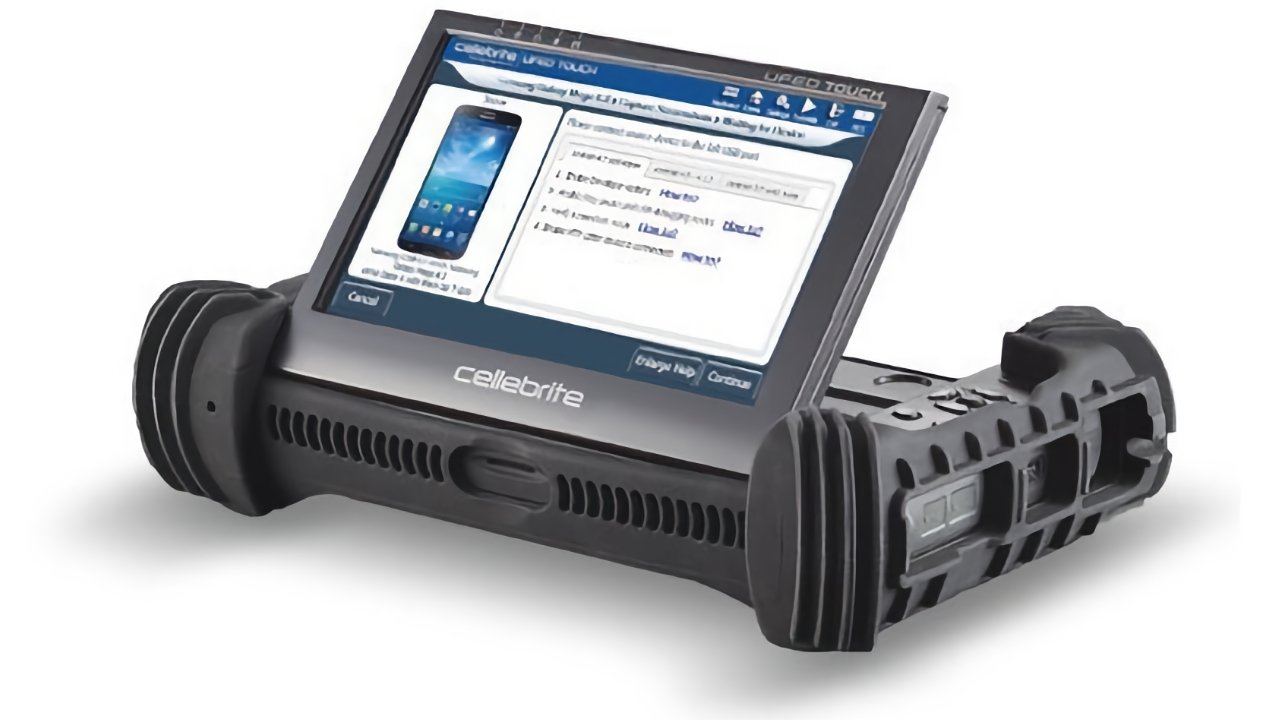Most US Cabinet Departments have bought Cellebrite iPhone hacking tool
A new report claims that 14 out of 15 US Cabinet Departments bought Cellebrite, the iOS unlocking technology, with the company saying 2,800 of its customers work in the government.

Cellebrite has famously been unlocking iPhones for many years, and the data extraction app itself has had security vulnerabilities. Nonetheless, it has been widely used around the world - and even in US public schools.
According to The Intercept, that reach has extended to all but one of the USA's Cabinet Departments. The publication has not identified the sole department not using Cellebrite.
The Intercept claims that Federal purchasing records and Cellebrite securities documents seen by the publication, also show that several other federal agencies. Government buyers of Cellebrite include:
Separately, the FBI has recently been reported to have evaluated buying the NSO Group's more powerful Pegasus software, for domestic surveillance.
Read on AppleInsider

Cellebrite has famously been unlocking iPhones for many years, and the data extraction app itself has had security vulnerabilities. Nonetheless, it has been widely used around the world - and even in US public schools.
According to The Intercept, that reach has extended to all but one of the USA's Cabinet Departments. The publication has not identified the sole department not using Cellebrite.
The Intercept claims that Federal purchasing records and Cellebrite securities documents seen by the publication, also show that several other federal agencies. Government buyers of Cellebrite include:
- US Fish and Wildlife Service
- Department of Agriculture
- Department of Education
- Department of Veterans Affairs
- Housing and Urban Development
- Social Security Administration
- US Agency for International Development
- Centers for Disease Control and Prevention
Separately, the FBI has recently been reported to have evaluated buying the NSO Group's more powerful Pegasus software, for domestic surveillance.
Read on AppleInsider

Comments
Also, I suspect that you can't buy a UFED Premium. It's probably leased, and has to be returned at end of lease. But I'm just using common sense here.
Now, that makes total sense.
That didn’t go over well.
If you don't think governments should have this power, should for-profit corporations have this power? Compare and contrast.
Further, are you saying a suspect should be able to destroy evidence, rape, kill or conduct any criminal activities as long as he/she doesn't answer the doorbell (PS To prevent this is why they have "exigent circumstances" in certain cases to allow law enforcement to enter a a building without announcing their presence)
Hopefully someone who purchased a license will slip Apple a copy of each new version.